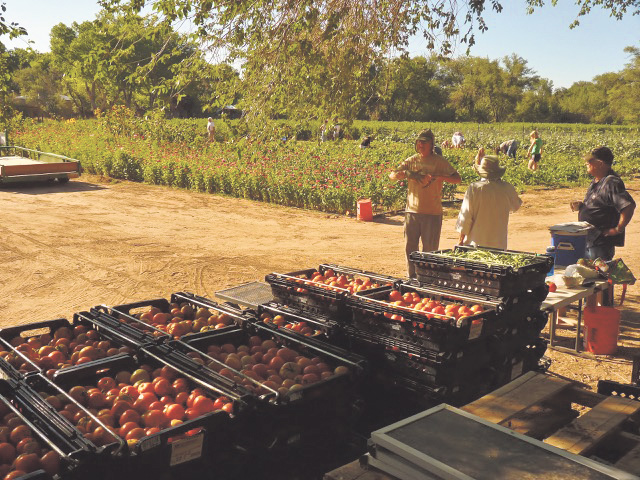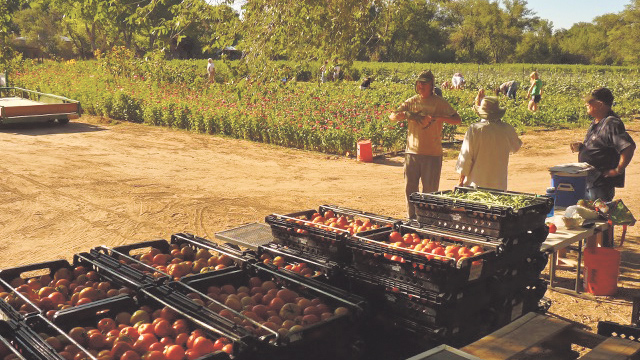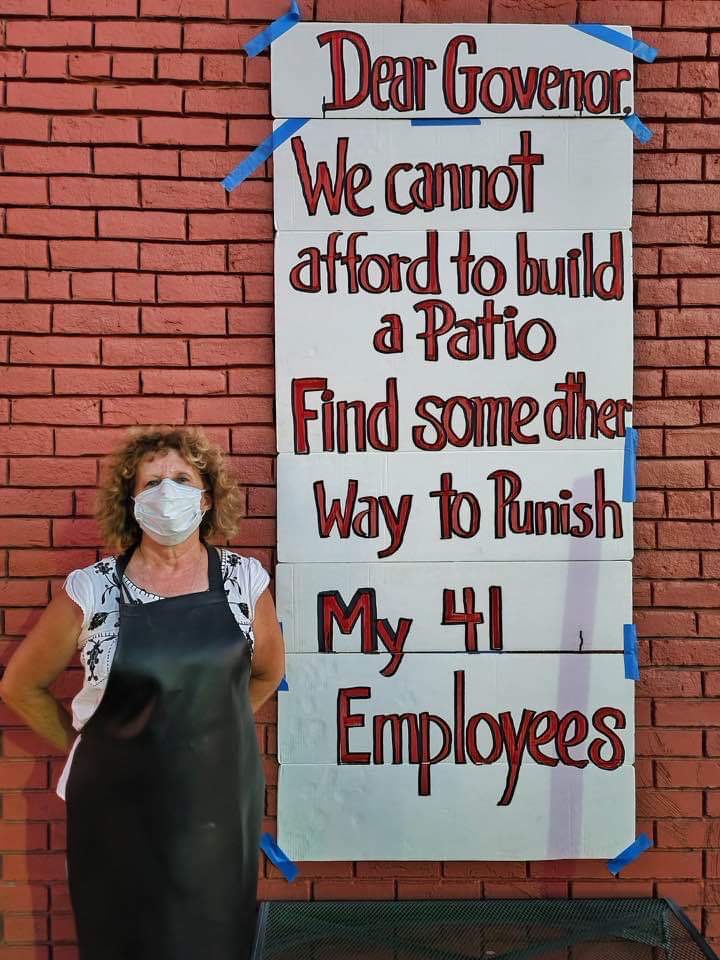Seed2Need Grows Food For The Hungry
Corrales Nonprofit Uses Private Land To Grow Produce For Food Banks


Penny Devis
Latest Article|September 3, 2020|Free
::Making Grown Men Cry Since 1992


Penny Devis
